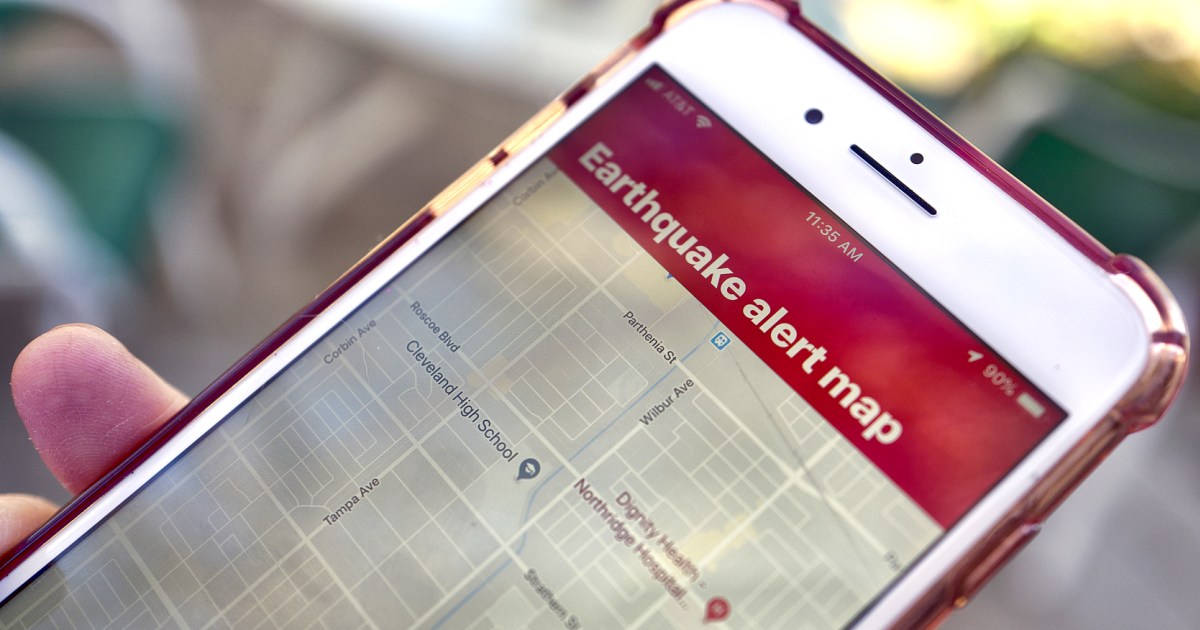Now, earthquakes are detectable seconds or minutes before the ground starts shaking, thanks to a Google technology that turns your phone into a seismometer.
Tremors first produce a seismic P-wave or compressional wave, which shakes the ground back and forth in the same direction and the opposite direction depending on the wave’s direction, the US Geological Survey stated. If the seismic activity worsens, what follows is a much more destructive S-wave or shear wave that shakes the ground back and forth perpendicular to wave’s direction.

How Accelerometers on Our Phones Enable the World’s Largest Quake Detection Network
Accelerometers on today’s smartphones, which are axis-based motion sensing tools usually used for fitness tracking, could detect the first P-wave. After the accelerometer detects the P-wave when it happens, your Android phone will send your location details to Google’s earthquake detection server. However, this does not include exact zip codes or street addresses but only city-level data.
Google developed the system to enable the “world’s largest earthquake detection network” using the technology and those mini-seismometers residing on each Android phone.
These reports are then verified before a notification is sent to users about the approaching earthquake, detailing the map, magnitude with basic drop, cover and hold reminders seen onscreen. This alert is hopefully received by the user seconds before the destructive S-wave happens. It emanates from Google’s ShakeAlert System, which Google built with the USGS and California Governor’s Office of Emergency Services.
For this to work, users need to enable the feature on the Android Settings app > Location > Advanced Settings > Earthquake Alerts.

Android Earthquake Alert Proven Helpful in Warning Philippines Users Seconds Before Quake
The Android Earthquake Alerts feature was put into action Friday, when a 6.7-magnitude earthquake hit a town in the Philippines, south of the capital Manila, the USGS pointed out. The tremor was tectonic in origin and had a depth of 116 kilometers (72.08 miles). Residents reaching as far as Manila were awakened by the temblor that lasted nearly a minute.
The Philippines is among seven countries wherein Google rolled out the Android Earthquake Alerts System ahead of its global launch. Because of this, Android users in the Philippines benefited from the system’s heads-up, as they received alerts about temblor seconds before the intense shaking happened with the loud blaring of their phones.

Users expressed their satisfaction, appreciation and even gratitude over the system’s success.
Google first announced the Earthquake Alerts system in August 2020 before it was first deployed in Greece and New Zealand. The company said the feature will be available in areas with higher availability of Android phones, running Google Play services, and is starting to go live in countries with high probability of earthquakes, including the Philippines.
